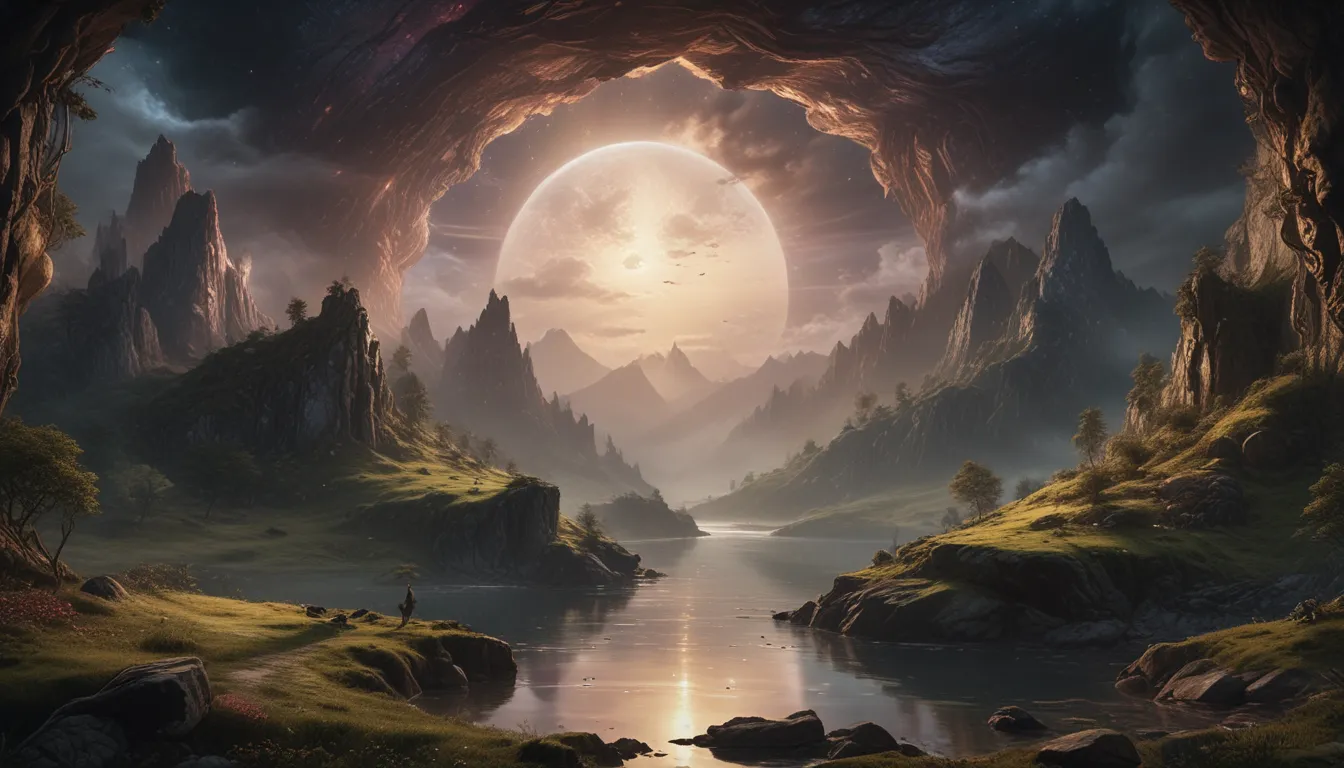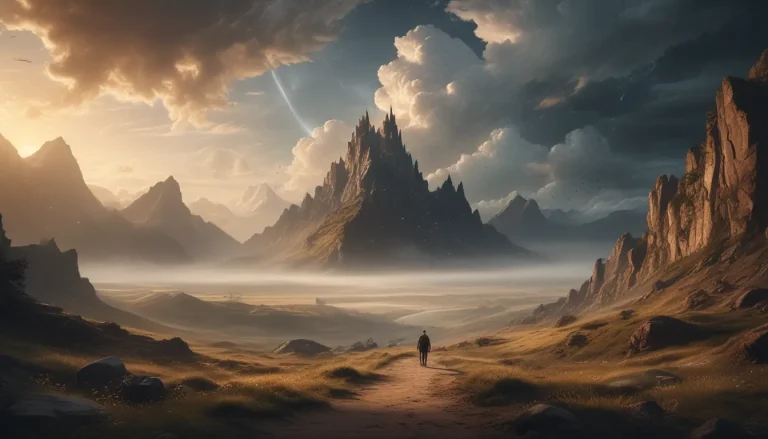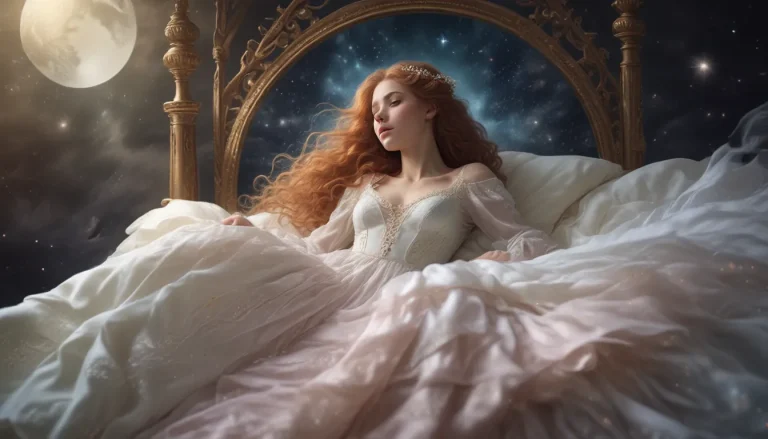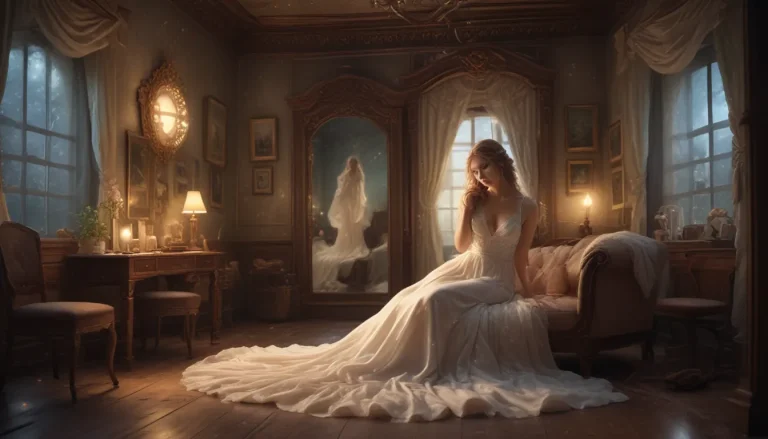If you’ve ever wondered about the origins of dreams and who created them, you’re not alone. Dreams have been a mysterious and fascinating aspect of human experience for centuries. In this guide, we’ll explore the history of dreams, the science behind them, and the theories on who or what may have created them.
The History of Dreams
Dreams have been a part of human culture for as long as we can remember. Ancient civilizations believed that dreams were messages from the gods or glimpses into the future. The ancient Egyptians, for example, saw dreams as a way to communicate with the divine and often used them as a form of prophecy.
In ancient Greece, dreams were considered to be messages from the gods, and people would often seek out oracles to interpret their dreams. The famous philosopher Aristotle even wrote a treatise on dreams, exploring their meaning and significance.
The Science Behind Dreams
While ancient civilizations had their own beliefs about dreams, modern science has provided us with a more concrete understanding of what happens when we dream. During the REM (rapid eye movement) stage of sleep, our brains are highly active, creating vivid and often bizarre dreams.
Research has shown that dreaming plays a crucial role in processing emotions, consolidating memories, and even problem-solving. Dreams allow us to work through our subconscious thoughts and feelings in a safe and controlled environment.
Theories on Who Created Dreams
There are several theories on who or what created dreams, ranging from the spiritual to the scientific. Here are a few popular theories:
-
Divine Intervention: Some people believe that dreams are messages from a higher power, be it a god or spiritual being. These individuals see dreams as a way to receive guidance or insight from the divine.
-
Evolutionary Advantage: From an evolutionary standpoint, some scientists believe that dreaming serves a purpose in terms of survival. By simulating dangerous or challenging scenarios in our dreams, we are better prepared to handle similar situations in real life.
-
Neurological Function: Others argue that dreams are simply a byproduct of our brain’s activity during sleep. The brain is constantly processing information and forming connections, which can lead to the strange and often surreal nature of dreams.
Conclusion
While the origins of dreams may never be fully understood, it’s clear that they play a significant role in our lives. Whether you believe in divine intervention, evolutionary advantage, or simply the workings of the brain, dreams continue to captivate and mystify us.
Next time you drift off to sleep and enter the world of dreams, take a moment to appreciate the wonder and complexity of this mysterious phenomenon. Who knows, maybe one day we’ll uncover the true creator of dreams. Until then, let your imagination run wild and enjoy the journey.
Thank you for reading our in-depth guide on who created dreams. We hope you found this information valuable and insightful. If you have any questions or thoughts on the topic, feel free to leave a comment below. Sweet dreams!







